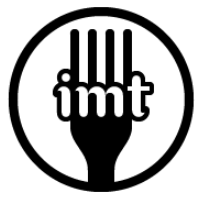Question: Is group therapy for eating disorders a bad idea?
Answer: Particularly in the treatment of adolescents, group therapy can be iatrogenic due to “peer aggregation,” the process of gathering information that can be used towards a harmful or self-destructive end (e.g. Dishon, McCord, & Poulin, 1999). For instance, in the context of group treatment of eating disorders, adolescents may aggregate new information about diets and methods of purging.
That said, pretty much all therapy at higher levels of care is conducted in group format and there are data to show that people do improve at higher levels of care. [Whether or not this is due to group therapy or the structure of the programs is unclear. I’m not aware of any component analyses that examine which aspects of treatment at higher levels of care are predictive of symptom amelioration or are iatrogenic.] Speaking from clinical experience, however, I would say that potential iatrogenic effects of group therapy for eating disorders can be largely mitigated by the leader.
For instance, group leaders can:
establish group rules (e.g. no discussing specific ED behaviors, no socialization outside of group, etc.)
effectively redirect eating disorder behaviors (e.g. isometric exercises) in session
redirect patients if triggering language is used (e.g. "I lost 15 lbs by cutting out carbs")
to run the group like a class in learning specific skills (rather than a process group)
See attached for some guidelines on running ED groups from the IMT manual, Treating Eating Disorders in Adolescents!




